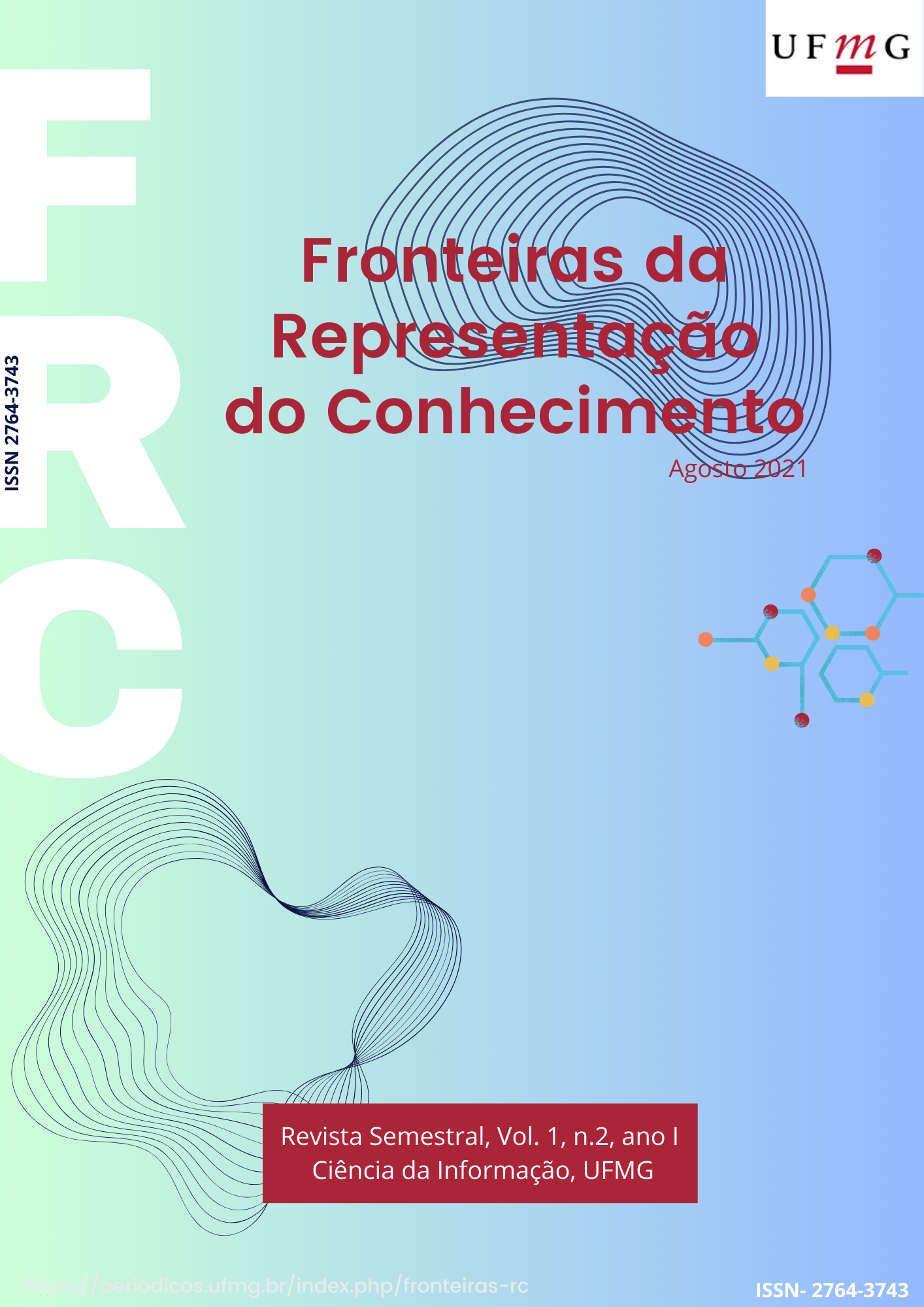Recuperação da Informação e Pesquisa como Processo de Aprendizagem Um estudo de caso no contexto da Covid-19
Main Article Content
Abstract
This paper proposes a case study to analyze the process of information retrieval and the searching as a learning process in a search environment about Covid-19. As research methodology, the work analyzes a group of participants, checking your level of knowledge about Covid-19, before and after a web search. The study includes an analysis of the Dunning-Kruger effect, metacognitive experiences, and use of queries on the web. The findings of this research corresponds the observation of a similar pattern on the tests realized with the Dunning-Kruger effect, and also an increase in the estimate of grades in the second test in the highest grades in a population with different educational levels and age groups. It is observed even when the users browser the same queries, still there are difficulties and limitations in the advancement knowledge in the search environments. It is important highlighted this research analyzed a specific situation, that involve information about Covid-19, interest of people of different schooling and age, as well as the large volume of information, fake news, and difficulties in analyzing information, unlike experiments in other analyzed researches. At the end, this case study opens the door to new focuses and opportunities for experimentation in the process of information retrieval.
Article Details
Section

This work is licensed under a Creative Commons Attribution 4.0 International License.
From: https://creativecommons.org/licenses/by/4.0/
You are free to:
- Share — copy and redistribute the material in any medium or format
- Adapt — remix, transform, and build upon the material
- for any purpose, even commercially.
- The licensor cannot revoke these freedoms as long as you follow the license terms.
Under the following terms:
-
Attribution — You must give appropriate credit, provide a link to the license, and indicate if changes were made. You may do so in any reasonable manner, but not in any way that suggests the licensor endorses you or your use.
- No additional restrictions — You may not apply legal terms or technological measures that legally restrict others from doing anything the license permits.
Notices:
- You do not have to comply with the license for elements of the material in the public domain or where your use is permitted by an applicable exception or limitation.
- No warranties are given. The license may not give you all of the permissions necessary for your intended use. For example, other rights such as publicity, privacy, or moral rights may limit how you use the material.


